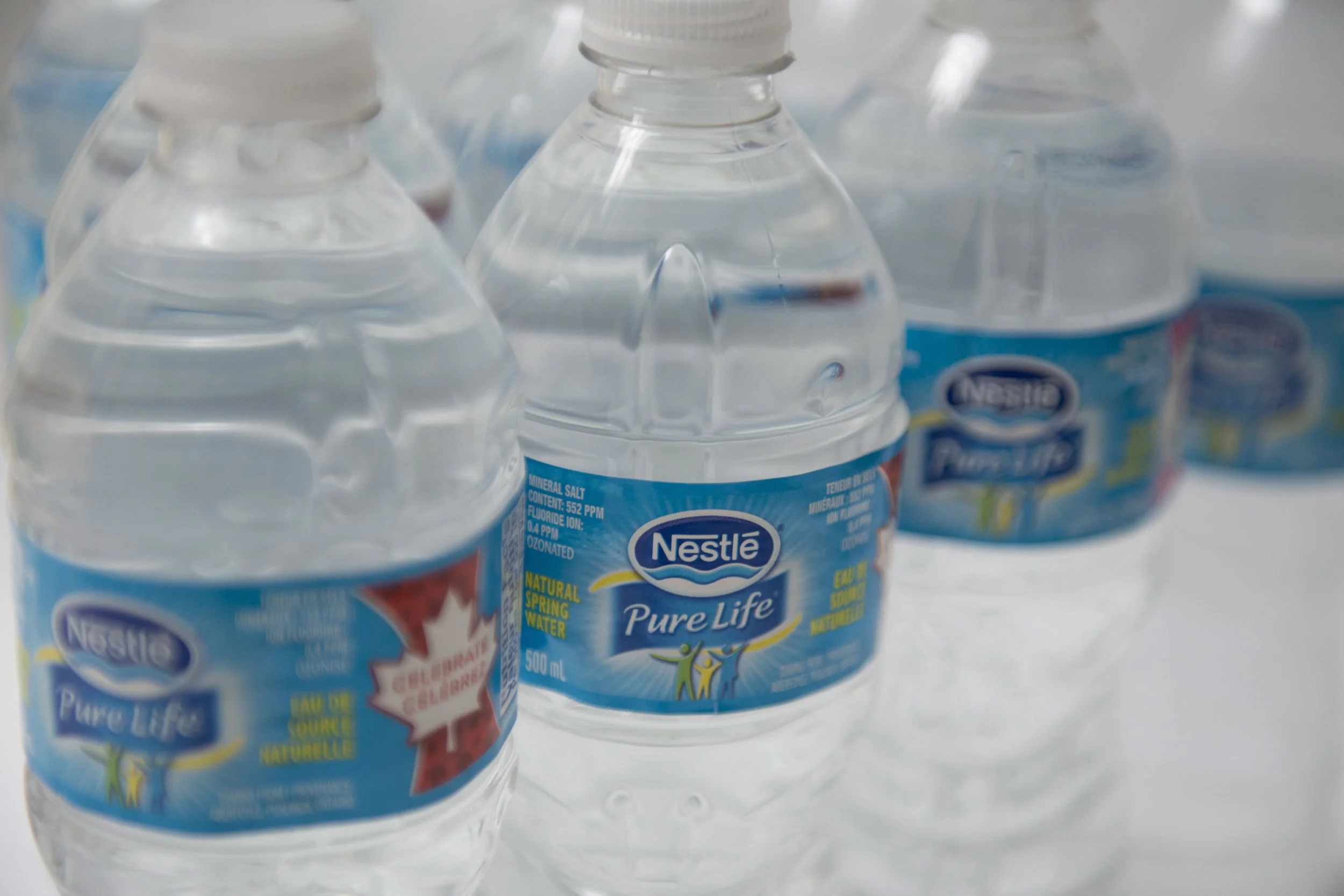The Ross River Dena Council is doubling down on work to establish an Indigenous Protected and Conserved Area, according to the First Nation's chief. "It's a pretty important area that we need to conserve to protect our interests for future generations," Dylan Loblaw told CBC News. "We need to have that balance." According to a funding proposal to the Canada Nature Fund, the First Nation wants to protect roughly 41,000 square-kilometres in central-east Yukon. The proposed area would extend from the Pelly River valley to the Selwyn-Mackenzie Mountains along the continental divide. The First Nation's group trapline — used by community members for generations — comprises a significant portion.
Youth Poster Contest – Water as a Human Right For All
Following in the footsteps of Autumn Peltier, Canada’s Chief Water Commissioner who is leading the way for future generations, the OPSEU/SEFPO Indigenous Circle’s Water Campaign Committee is looking for youth to express their concerns over the ongoing water crisis in Ontario and across Canada. Are you between the ages of 4-25 years old? Do you like to draw and express yourself through artistic medium? Then, this contest is for you!
Guelph MPP introduces water protection bill
This morning, Ontario Green Leader and MPP for Guelph Mike Schreiner reintroduced pivotal legislation to protect the Paris Galt Moraine. “It is critical that we protect water,” Schreiner said. “Both now and for future generations. This bill provides model legislation to protect moraines across the province. “As the climate crisis worsens, Ontario needs to preserve its water supplies before the situation becomes more costly and dire. More delays will cost us with our wallets and with our health. “I’ve heard from the people of Guelph loud and clear: protecting water and the Paris Gault Moraine is a top priority for the region."
OPINION: P.E.I.'s Water Act: A conservation strategy or an irrigation strategy?
The King government has repeatedly emphasized that decisions about water use will always be based on careful science and sound data in order to sustain the water source for future generations. However, their recent and abrupt decision to end the moratorium on high-capacity wells for agriculture reflects none of these values. Communications from government about this decision offer us empty rhetoric and baseless reassurances, telling us how nonexistent policies and undeveloped plans will protect our water.
Back to top Op/Ed: Marking 50 years of wetland conservation and loss
Fifty years ago, nations gathered to create the world’s first global agreement to conserve a habitat. This had long been undervalued, and as a result was rapidly disappearing. Fifty years ago, there was a global call to action to save our wetlands. On February 2, 1971, the Convention on Wetlands of International Importance was adopted in Ramsar, Iran. Often referred to as the Ramsar Convention, its purpose was to stop the worldwide loss of wetlands. Today, 171 countries, including Canada, are parties to the convention. The Ramsar Convention has helped many wetlands. More than 2,400 wetlands around the world have been designated as Ramsar Wetlands of International Importance. Canada has 37 Ramsar sites, including two Nature Conservancy of Canada helps protect in B.C., the Columbia Wetlands and in Creston Valley. World Wetlands Day marks the signing of the Ramsar Convention and is a day to highlight the importance of wetland conservation Despite a global agreement and a special day of recognition, we have not been kind to wetlands over the last half century. Over the past 50-years, over one-third world’s remaining wetlands have been lost. They continue to disappear at a rate faster than forests, and the loss is accelerating.
Anishinaabe communities come together to continue protecting Lake Superior for future generations
Pays Plat Chief Peter Mushquash emphasized the importance of protecting Lake Superior for future generations during a Dec. 15 announcement of water treatment plant investments in his community and Biigtigong Nishnaabeg. “Water is important, it’s very important,” Chief Mushquash says. “That’s where we get our water, right out of Lake Superior. So we have to look after that Lake Superior. We have to be very careful with our water.”
Waabnoong Bemjiwang Association of First Nations and Water First announce new training internship for Water Treatment Plant Operators
The Waabnoong Bemjiwang Association of First Nations (WBAFN), a tribal council with six member First Nations in Northern Ontario, and Canadian charity Water First Education & Training Inc. announce their partnership to deliver a drinking water treatment and environmental water science internship program for young Indigenous adults. Approximately 12 interns will be recruited from six participating First Nations communities across the tribal council’s region to pursue Operator in Training (OIT) and Water Quality Analyst (WQA) certifications.
Two long-term water advisories lifted in Ontario First Nations as feds approach 2021 deadline
Two First Nations in northwestern Ontario are finally able to drink from their taps as they celebrated lifting long-term boil water advisories this week. Community members in Grassy Narrows First Nation, also known as Asubpeeschoseewagong, received a letter from Chief Rudy Turtle on September 29 which read: "As of TODAY the boil water advisory is NOW lifted. This means you can safely consume the tap water." One day later, the Wauzhushk Onigum Nation celebrated the end of their long-term boil water advisory at the completion of the $14-million project to connect the community to the city of Kenora's water and sewer system.
Ontario proposes to extend water bottling moratorium by nine months
Ontario is proposing to extend a moratorium on water bottling permits for nine months to give the government more time to consider the science behind it. Over the past year, the government reviewed the state of water resources in key areas of the province and the effect that taking water out of the ground has on those resources, a spokesman for Environment Minister Jeff Yurek said.










